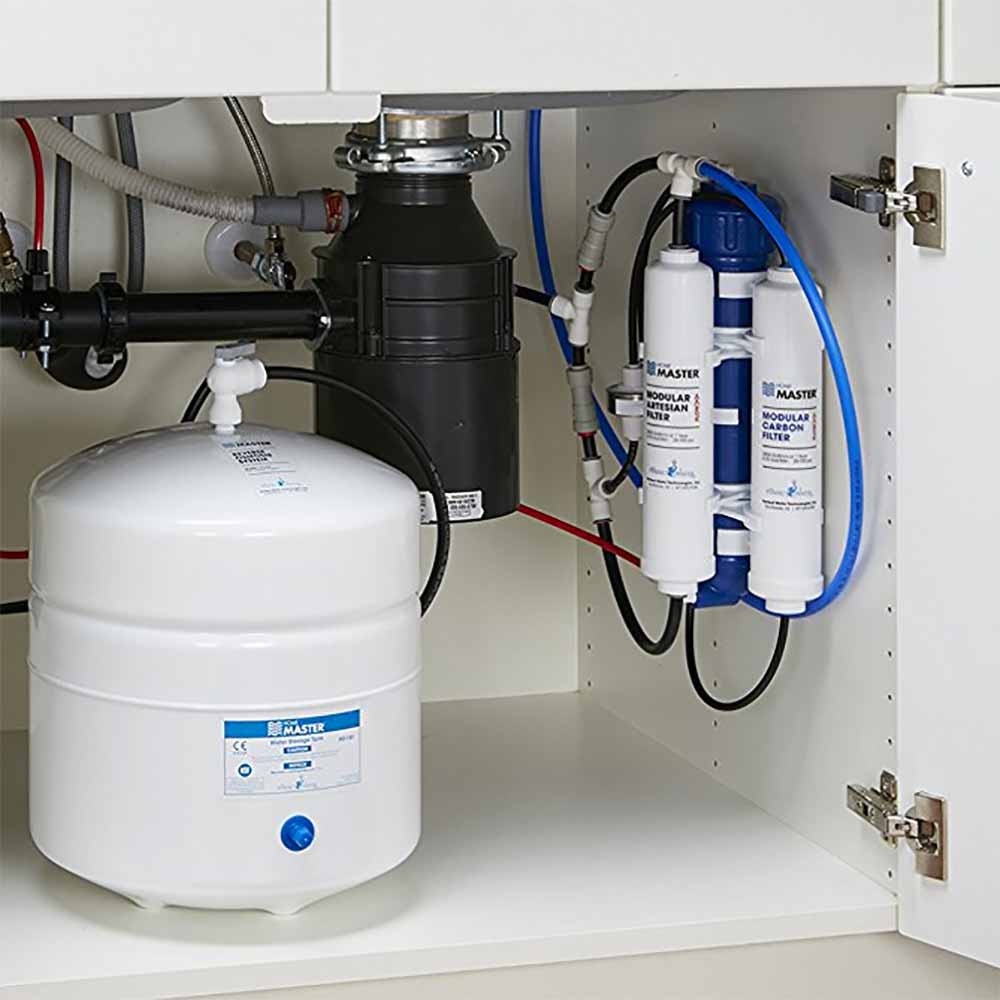You may find the article here (Today Online 25 Mar 2024).
Obviously, my views were not fully captured in the article for which I do understand why. For those interested, I have reproduced the entirety of my responses below.
PUB has stated that tap water in Singapore is safe for drinking and that there is no need for such filtration systems. Can you explain why this is so and what makes the water in Singapore safe for drinking?
PUB has been following the WHO Guidelines for Drinking Water for a long time and in fact has modified and improved on some of them to come up with its own EPH regulations. The water output from every water treatment plant in Singapore must comply with these guidelines and regulations. These guidelines and regulations cover the limits in concentration that microbes, chemical substances and radiological parameters can have in tap water.
What do water filtration systems actually do? Are the claims commonly made by water filtration devices actually true?
There are many types of filtration systems out there. In a nutshell, they remove contaminants from water using various methods e.g. distillation, reverse osmosis, microfiltration. (Some methods are not technically filtration but I shall continue to use the term “filtration” to refer to them.) They are in contrast to systems that add substances into the water e.g. hydrogen water, alkaline water. Obviously, there are systems that both remove and add substances into water e.g. alkaline water systems typically incorporate filtration components to remove solids and other stuff in water.
There are as many claims as brands in the market. By and large, the claims by reputable brands are genuine. However, whether those claims are useful to the consumer can be debatable. E.g. a filter that claims to remove lead from water is probably redundant in Singapore as the levels of lead in our tap water are really low.
What do such devices do, in terms of taste, health and safety of the water that it filters? How did such devices gain popularity in Singapore?
I notice that in the past decade of so, people have become more informed of issues relating to health. A lot of times, we find out about such issues from other developed countries. In Singapore, the concerns are predominantly about lead, asbestos, chlorine and fluoride in tap water. Though we hardly can find piping and fixtures containing lead or asbestos in Singapore, chlorine and fluoride are still intentionally added into our tap water a the water treatment plant for their benefits. There are concerns about their adverse effects on human health in several developed countries. Not surprisingly, some people want filtration systems to remove them from their tap water.
I believe the popularity of these devices in Singapore also have a lot to do with systems that add substances into water e.g. alkaline. This is probably due to their claims of being beneficial to human health
My take on the health claims of alkaline water and hydrogen water is there is limited scientific data to support such claims. Most of the studies involve rather small sample sizes. The physiological mechanisms that promote the purported health benefits are typically not well established. I am not disputing their health benefits per se. Rather, I would like to see better quality scientific data behind these claims.
As for microbes in water, a well designed and built filter can indeed remove them effectively. The question is whether pathogenic microbes are even present in our tap water. Short of uncommon occurrences e.g. poorly maintained water tanks or downright rare events e.g. dead domestic worker in the water tank, I don’t expect pathogens to be found in tap water.
Your examples of filtration being used in disasters and rural communities are spot on. Therefore, I believe the need for filtration devices in Singapore households is quite limited. (Industries are a different story.) These are the niches that come to mind.
- Immunocompromised individuals who cannot tolerate an excess of certain substances in water
- Coffee and tea aficionados who need pure water for the best taste in their beverages
- Individuals who are convinced that to maintain good health, they need water to be free of chlorine and/or fluoride. Or they need alkaline water etc. For its purported health benefits. I believe that they have the right to use such devices regardless of whether the benefits are physiological or psychological.
I do not believe there is a need for such products in a Singaporean household unless the above exceptions apply. Even then, I feel that choosing the right filter is not simple as the consumer has to know what polluting substance he is trying to remove from the water? (I shall not touch on the addition of substances here.) What concentration is that polluting substance at? Is said substance even a concern? Can the device effectively remove the substance? Obviously, there are also considerations involving budget, maintenance frequency and long term costs.
One pretty reliable certification of filtration devices is the NSF/ANSI series of certification. Even then, the consumer still has to be rather savvy to understand if the particular NSF/ANSI certification applies to him. E.g. a filter certified for removal of lead only is not useful if the consumer is concerned about fluoride in water. Furthermore, the certification is based on a standardised laboratory test for a certain concentration of a substance, say lead. If the level of lead in the consumer’s tap water is different, the performance will not be the same as certified.
Lastly, the WHO Guidelines are not omnipotent. They are set up based on limitations and compromises so conforming to them does not absolutely prove that the water is safe.
As the guidelines are designed to be economically feasible for worldwide use, they do not address some emerging concerns in drinking water e.g. pharmaceuticals, hormones, microplastics.

Figure: A water filtration unit used by Red Cross in its disaster relief operations







